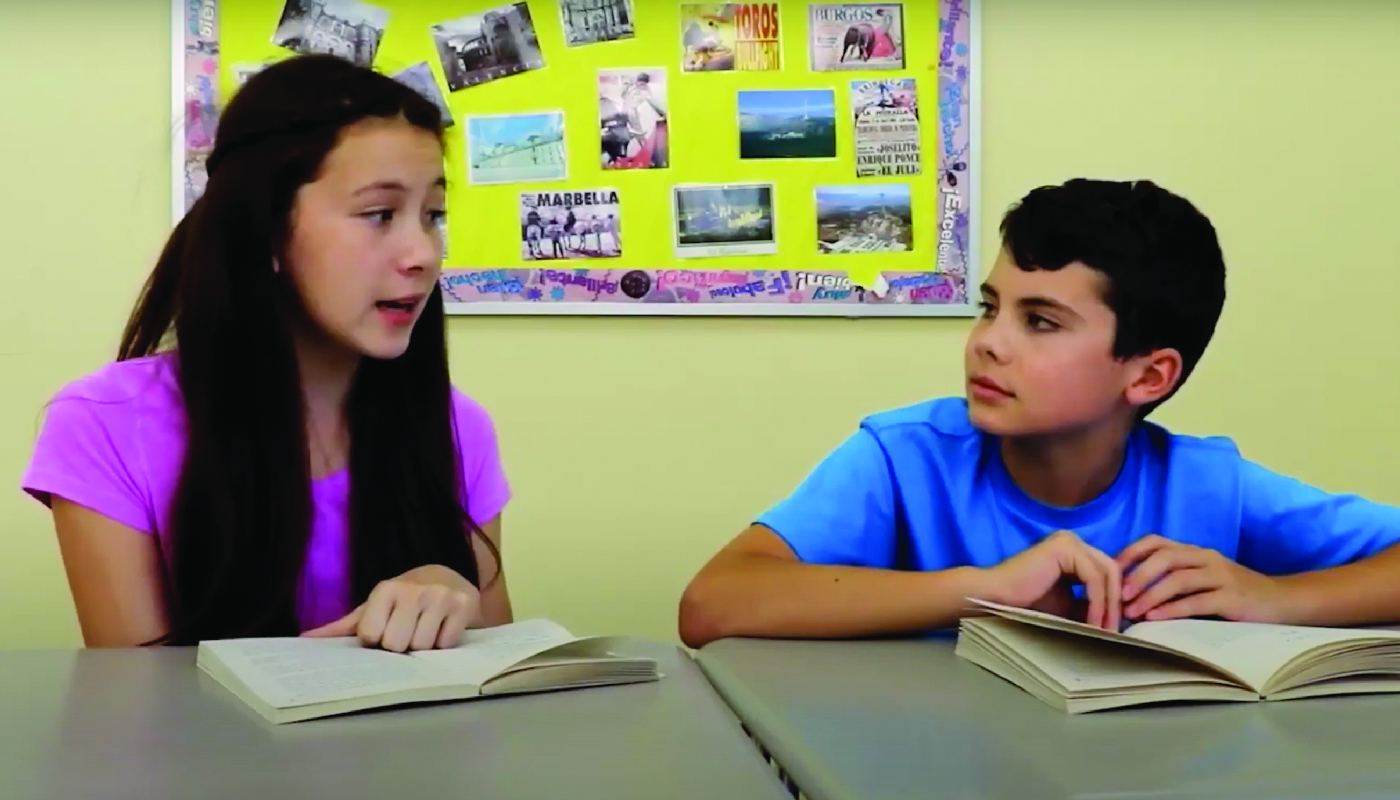
In this blog post, we will discuss the importance of active listening skills for students in special education settings and provide educators with a no-prep activity, discussion questions, and related skills to help students improve their communication abilities. Active listening is an essential component of social-emotional learning, as it fosters empathy, understanding, and effective communication.
Introduction
Active listening is a crucial skill for students to develop, as it helps them effectively communicate with their peers, teachers, and family members. By practicing active listening, students can better understand others’ perspectives, emotions, and needs, which can lead to more meaningful relationships and improved social skills. For students in special education settings, active listening can be particularly beneficial in enhancing social-emotional learning and fostering inclusive environments.
No-Prep Activity
One way to introduce active listening to students is through a simple, no-prep activity called “The Listening Challenge.” In this activity, the educator will pair students up and ask them to take turns sharing a story or experience with their partner. The person listening should practice active listening techniques, such as:
- Maintaining eye contact
- Facing their body towards the speaker
- Keeping hands and feet calm and quiet
- Waiting for the speaker to finish before responding
After both students have shared, the educator can ask them to reflect on the experience and discuss how it felt to be listened to and what they noticed about their partner’s active listening skills. This activity can be repeated with different partners or topics to help students practice and refine their active listening abilities.
Discussion Questions
After completing the no-prep activity, consider using the following discussion questions to further explore the concept of active listening:
- Why is active listening important in our daily lives?
- How does active listening help us build stronger relationships with our friends, family, and teachers?
- What challenges do you face when trying to practice active listening, and how can you overcome them?
- What are some examples of situations where active listening is particularly important?
- How can we support each other in practicing active listening skills?
Related Skills
In addition to active listening, there are several other communication-related skills that can benefit special education students:
- Empathy: Understanding and sharing the feelings of others can lead to stronger connections and more effective communication.
- Nonverbal communication: Interpreting body language, facial expressions, and other nonverbal cues can enhance our understanding of others’ emotions and intentions.
- Assertiveness: Expressing oneself clearly and respectfully can help students advocate for their needs and maintain healthy relationships.
- Conflict resolution: Learning to navigate disagreements and find solutions can improve students’ problem-solving abilities and overall social-emotional well-being.
Next Steps
If you’re interested in exploring more activities and resources to support your students’ social-emotional learning, we invite you to sign up for free sample materials at Everyday Speech. These materials can help you introduce essential skills like active listening, empathy, and more to your special education students, fostering a supportive and inclusive learning environment.

